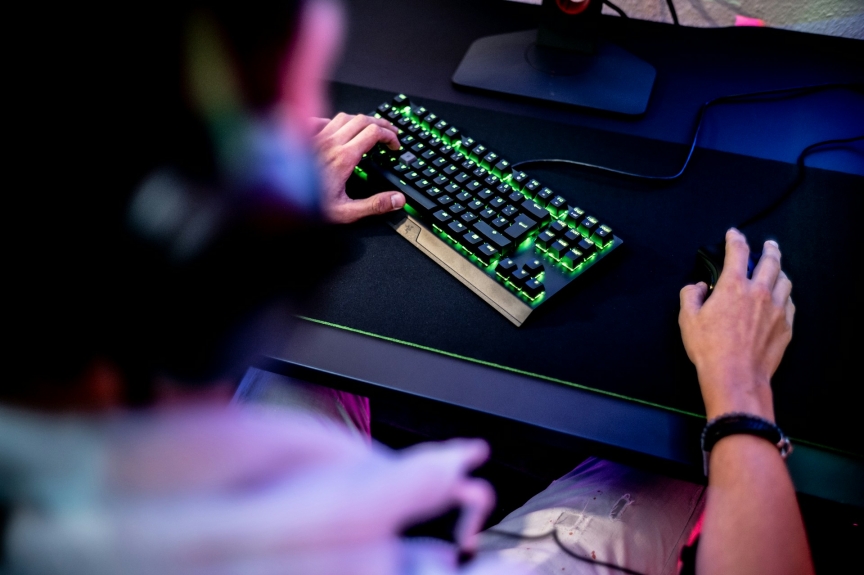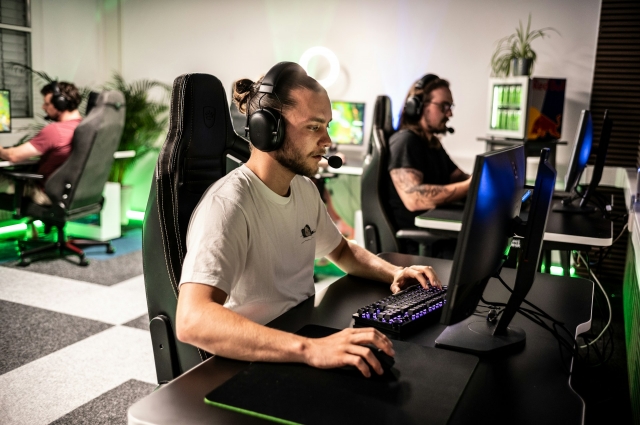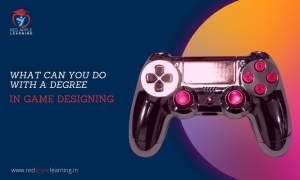If you could travel back in time and tell a gamer from the 1980s that their favorite pastime would be considered a sport someday, you'd probably get more than a few chuckles. While gaming has always been competitive in some form, with players gathering in arcades to see who could get the highest score on games like Pac-Man and Donkey Kong, few could have predicted it would become what it is today—a global phenomenon with million-dollar tournaments and professional athletes. But that's exactly what's happened.
Electronic sports, better known as esports, has put gaming on the global map in just a few short years. The world's best gamers compete for huge prize pools while millions of viewers tune in from all corners of the globe to see who'll come out on top. All of this attention has placed esports on the same level as traditional sports in terms of both scale and popularity. All we have to do is take a look at the 2024 Esports World Cup in Riyadh's record-breaking $62.5 million to see the impact. The success of esports has led many to ask the following question: What factors have contributed to esports becoming the new face of competitive sports? Here, we look at the answers.
The Global Rise of Esports
Esports' journey from its modest beginnings to where it is today is nothing short of impressive. Gaming competitions used to be small gatherings of dedicated gamers who came together because of their passion for gaming. That was until high-speed internet came along, and advanced gaming technology changed everything. The establishment of tournaments like Dota 2 and the League of Legends World Championship were important milestones in the growth of esports. For the first time, esport athletes had the opportunity to compete for big financial rewards as huge online and in-person audiences looked on. Traditional sports organizations took notice of the success of esports. They began to invest heavily in the best teams, which legitimized the industry and put it on par with traditional sports in the eyes of many people.
Even poker has been mentioned in the same breath as esports, although there's still some debate over whether it should be included under the same umbrella. Poker is a mind sport and just like other games, has moved online in the digital age. Like esports, poker players can compete online or in person, and these matches often attract large audiences. Those who want to play poker competitively can join an online qualification promotion like PokerStars Power Path, where they can earn a spot at prestigious tournaments like the European Poker Tour and in top online tournaments. Players start at step one and move through levels by succeeding in various tournament formats, with the ultimate goal of securing Bronze, Silver, or Gold Power Passes. Like with other esports, anyone can aspire to reach the top, but they'll have to prove themselves to get there.
Accessibility and Inclusivity in Esports

One of the biggest selling points of esports is its accessibility. There are no physical attributes one needs to become the best and you don't need to invest excessive amounts of money on equipment and training facilities to climb the ranks. Instead, all gamers need is a computer or gaming console and an internet connection. This is one of the reasons esports athletes are a diverse group coming from all over the world. There are even initiatives underway to ensure players with physical limitations can participate, making the audience even bigger.
Technological Advancements Fueling Growth
Without the technological advancements the gaming industry has experienced over the last two decades, esports as we know it wouldn't exist. Streaming platforms like Twitch and YouTube have played a massive part in the success of esports, giving professional gamers the power to create and distribute content and fans a place to watch live competitions and interact with their favorite players live. Gaming hardware and software have also improved greatly, along with the internet infrastructure, making streaming and watching esports a smooth experience.






